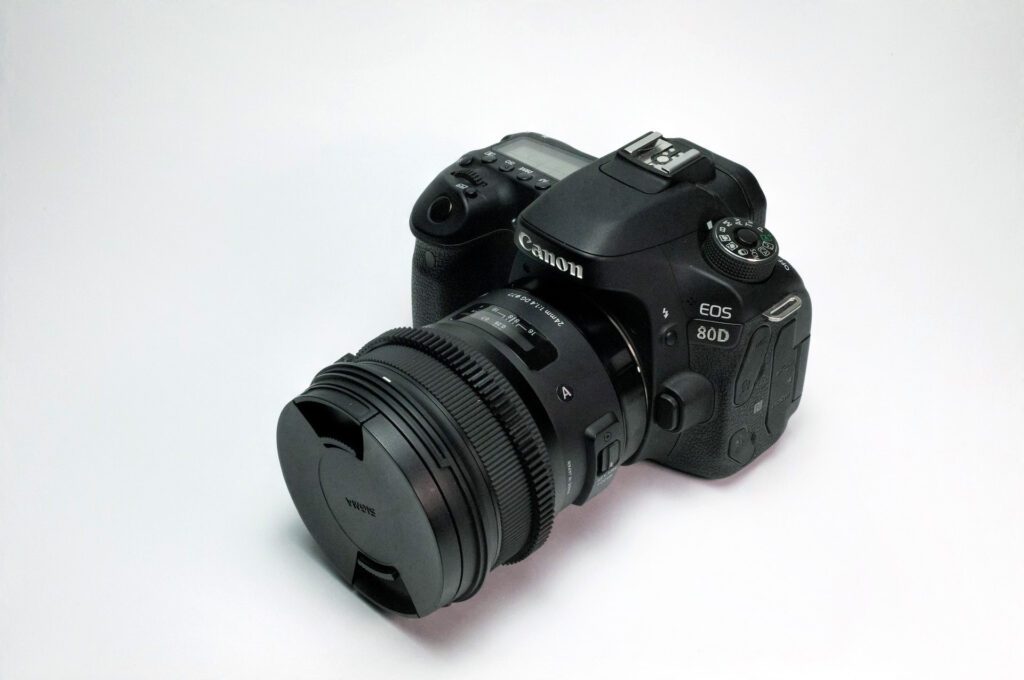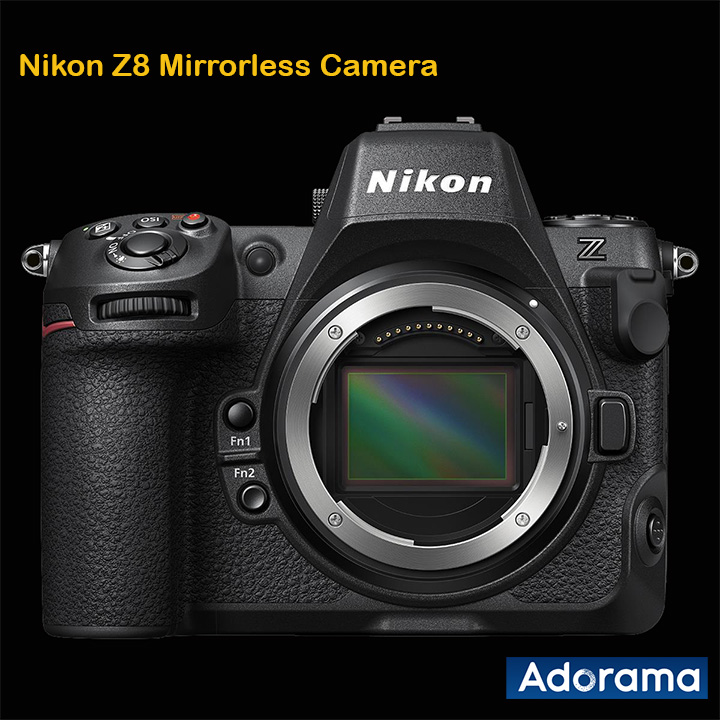The Canon 80D is a mid-range DSLR camera. It’s not a professional camera in terms of design and build quality.
However, since it has some advanced features that you can find in professional cameras like fast AF, manual settings, and decent low-light performance, it’s considered to be a semi-professional camera.

And honestly, you should probably try shooting some small events with it to see if it works for you. I’ve covered a lot of small events such as birthday parties, baptisms, and some weddings with my Canon 80D and it’s been great.
The AF is fast and accurate, its 24MP APS-C sensor is fantastic in bright environments, decent in low light and the camera is light enough for me to carry around for hours.
But of course, the Canon 80D will shine the most when paired with good lenses. Before you accept any paid gigs, you need to have not just skills but also gear that will help you deliver quality work.
Having an external flash will also greatly help you during low light situations.
So overall, if you’re planning to do some professional work with your Canon 80D, don’t be afraid. Instead, just be sure to practice your skills by taking some non-paid assignments with a pro photographer and investing in some good lenses and an external flash.
You’ll soon realize that this camera is capable of producing quality images, even if you’re just a beginner in the field.
Pros
- Fast and modern Dual Pixel AF System
- Has weather sealing
- A large and bright viewfinder
- Great build quality
- Great image quality, both jpeg and raw
Cons
- Auto tracking is a hit or miss
- No 4K
Key specs
| Sensor: 24MP APS-C CMOS |
| AF System: Dual Pixel, 45-point (all cross-type) |
| Shutter speed (max): 1/8000 sec |
| Burst rate: 7 fps |
| LCD: fully articulating, touchscreen |
| Mic/headphone jacks: Yes |
| Video: 1080 at 60p |
| Connectivity: Wi-Fi and NFC |
| Battery life: approx. 950 shots |
| Weather sealing: Yes |
| Weight: 730g |
What is the Canon 80D best used for?

From my experience, this camera is a great all-rounder and can be used for a variety of purposes. Whether you’re a beginner looking for your first camera or a professional photographer looking for a backup camera, the Canon 80D will have no problem handling whatever you throw at it.
From portraits to landscapes, this camera never let me down. The battery life is also amazing and you’ll be able to take a thousand photos before needing to recharge.
I never experienced overheating issues with this camera and the autofocus system is pretty quick.
However, even though its autofocus is fast and accurate enough for many uses, I find it a bit slow for shooting sports and action. The tracking is not that reliable and I often find myself missing shots. If you want to shoot sports, you might be better off looking elsewhere.
Is it suitable for shooting weddings?

As I’ve mentioned earlier, I’ve been using my Canon 80D to shoot weddings. It served as my 2nd or backup camera and I used it alongside my Canon 5D Mark IV. The 80D is an amazing camera for weddings and the ability to shoot in RAW format makes it even more powerful.
You can get some stunning shots with this camera, especially if you’re shooting at low ISOs. I’ve used it for the couple’s portraits as well and shooting inside receptions where there was plenty of light, the camera performed really well.
However, when I started shooting in darker receptions with less light, I had some issues with the focusing speed and its overall high ISO performance.
And of course, I can’t emphasize enough the importance of having good lenses for wedding photography. The likes of Canon EF-S 17-55mm f/2.8 IS USM, Sigma 30mm f/1.4 Art, and Sigma 18-35mm F/1.8 DC HSM Lens are all great options for wedding photographers.


Another thing worth noting is, currently, there are no Canon EF-S lenses that can rival EF lenses in terms of resolution and the EF-S lens lineup isn’t as extensive.
So if you’re starting to get paid more for your work and can afford a more expensive camera, then I highly recommend you to upgrade your wedding photography gear.
How about shooting portraits?
Shooting portraits whether outdoors or in a controlled environment like inside a studio will never be a problem. The Canon 80D can handle both scenarios with ease.

Its autofocus is fast enough and the sensor produces sharp photos with a high level of detail. And of course, the renowned Canon colors that give pleasing skin tones and natural-looking photos.
I have taken some amazing portraits using this, and I am sure you will too! The quality of the photos (when shooting in a studio) is so good even if you’re just using the kit lens.
But if you want to take your portrait photography to the next level, then I highly recommend you to get fast prime lenses for your Canon 80D like the Sigma 30mm f/1.4 Art, Canon EF 50mm f/1.8, and Canon 85mm f/1.8 lenses.
These lenses will give you amazing quality photos and will help you get those dreamy shallow depth of field portraits.
And yes, even if they’re Canon EF lenses that are designed for full-frame cameras (except the Sigma 30mm), they also work on the Canon 80D.
However, when you use EF lenses with your 80D, you’ll notice that your focal length gets cropped by approximately 1.6x. So if you’re using a Canon EF 50mm lens on your Canon 80D, it will act like an 80mm lens in reality.
Final thoughts
If you’re a beginner in the professional photography world, the Canon 80D is a great starter camera. It’s fast, easy to customize and its size and weight will never be a burden while you’re shooting.
Plus, the camera is packed with tons of features that will make your photography experience more enjoyable and less stressful.
Of course, having great lenses will help you to achieve professional-quality images, so don’t forget to invest in some good glass.
If you’re planning to upgrade to a Canon full-frame DSLR or mirrorless later on, it is a good idea to have some EF L lenses to use with your 80D. This will save you from having to buy new lenses when you finally decide to upgrade.

Emma Lucy is the Founder & CEO of Emma Lucy Photography. She has over a decade of experience shooting weddings and other intimate events. She also tests the latest digital camera bodies, lenses, analog cameras, and other gear from Canon, Nikon, Sony, and other camera brands. She is From London and currently lives in the United States of America, where she spends most of her time as a self-employed professional photographer and writer.

